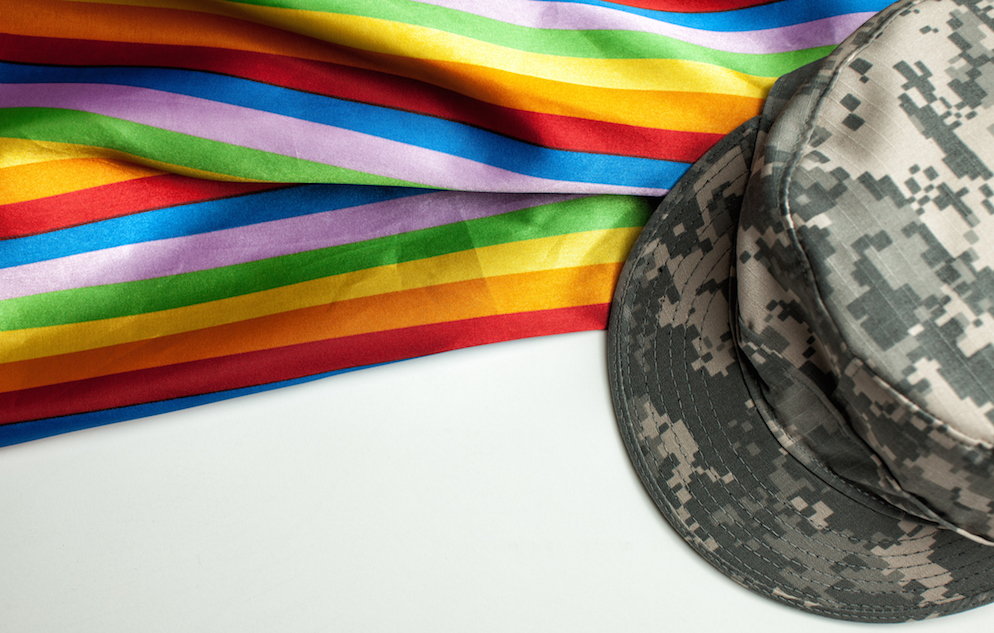
Ms. Sitaji Gurung, a doctoral student at the CUNY Graduate School of Public Health and Health Policy (CUNY SPH), along with colleagues examined the prevalence of military sexual trauma (MST) and sexual orientation discrimination among lesbian, gay, bisexual, and transgender (LGBT) service members in the United States Armed Forces. Despite the repeal of the Don’t Ask, Don’t Tell policy regarding the sexual orientation of service members, and the update to policies relating to transgendered service members, concerns remain about the persistence of MST and sexual orientation discrimination against service members. The findings of this study were published in the journal Sexual Research and Social Policy.
The data for this research were drawn from Serving Proud, a study of LGBT service members in the United States. A sample of 253 participants (89 women, 164 men) completed an Internet-based survey that assessed the prevalence of sexual orientation discrimination (e.g., offensive speech, physical or discriminatory behaviors) and MST (e.g., sexual harassment and sexual assault). The survey was conducted between April 2012 and October 2013.
Women and men reported similar levels of sexual orientation discrimination in the military. Participants reported experiencing more threats and intimation, vandalism, and physical assault outside of the military than inside the military (p < 0.05). Although prevalence of MST (both sexual harassment and sexual assault) in the military was high among both genders, women were more likely to report experiences of sexual harassment compared to men (p < 0.05).
The findings demonstrate the prevalence of MST and sexual orientation discrimination among LGBT service members in the military and point to the need for strong accountability and oversight to protect sexual minority persons while they are serving their country.
“To date, there has been limited quantitative research and study conducted in the area of military LGBT service members because this is a vulnerable population often ignored due to various forms of oppression,” explains Ms. Gurung. “We owe a lot to our brave LGBT service members who serve in the military despite this oppression—so we must invest in research to improve their behavioral and mental health. My hope is that this paper will draw much needed attention to address this issue.”




